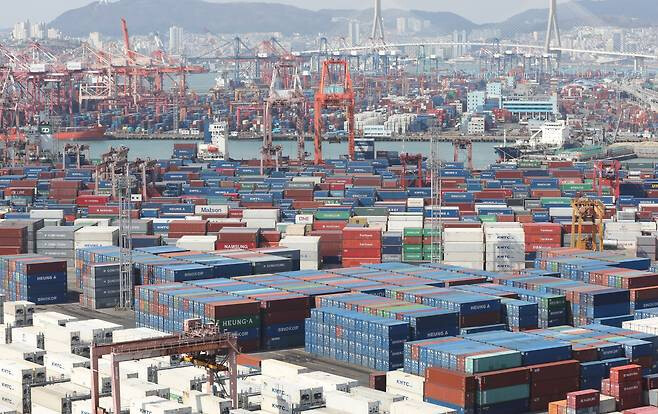
Seoul, South Korea – South Korea's import prices experienced a decline in February, marking the first drop in five months, primarily due to falling international oil prices and a stronger Korean won. According to the Bank of Korea's latest export and import price index, the import price index stood at 143.95 in February, down 0.8% from January.
Key Factors Contributing to the Decline:
Decrease in International Oil Prices: The average monthly price of Dubai crude oil fell by 3.1%, from $80.41 per barrel to $77.92 per barrel.
Strengthening of the Korean Won: The won-dollar exchange rate decreased by 0.7%, from an average of 1,455.79 won in January to 1,445.56 won in February.
Changes in Import Item Prices:
Prices of raw materials (-2.3%), intermediate goods (-0.2%), and consumer goods (-0.2%) all declined, with notable drops in mineral products (-2.7%) and computers, electronics, and optical equipment (-0.9%).
Significant price reductions were observed in crude oil (-3.8%), lithium hydroxide (-4.0%), and system semiconductors (-0.7%).
Capital goods, however, increased by 0.3%.
Export Price Trends:
The export price index for February was 134.56, a 0.6% decrease from January, reversing the upward trend of the previous five months.
Manufactured goods fell by 0.5%, led by declines in coal and petroleum products (-2.5%) and computers, electronics, and optical equipment (-1.0%). Agricultural, forestry, and fishery products also decreased by 0.4%.
Specific items showing significant price drops included fresh seafood (-5.3%), diesel (-4.8%), and flash memory (-4.3%).
Future Outlook:
In March, oil prices have fallen compared to the previous month's average, while the exchange rate has seen a slight increase.
Given the high level of uncertainty in both domestic and international conditions, future import price fluctuations remain to be seen.
[Copyright (c) Global Economic Times. All Rights Reserved.]





























